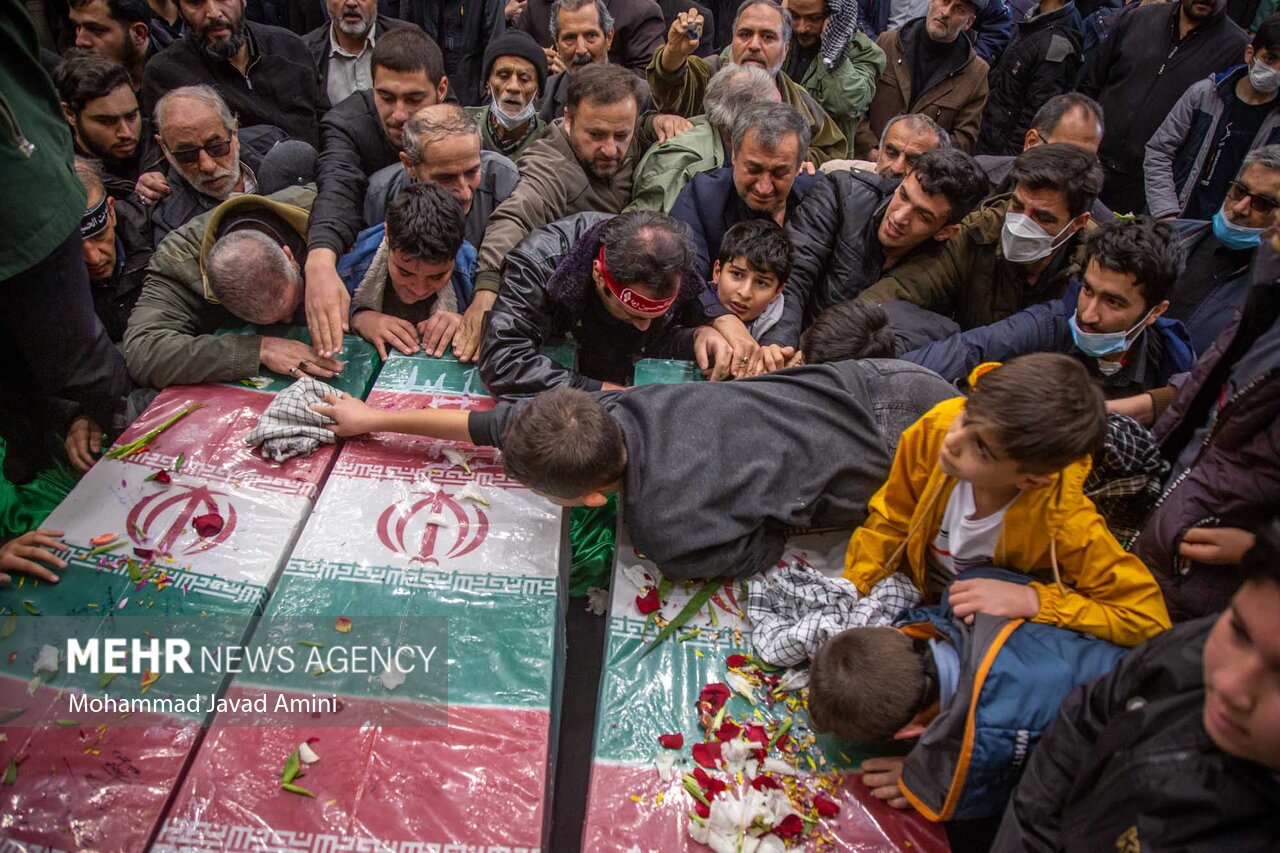
Located in the southeast of Iran, Kerman province is bounded by the provinces of Fars on the west, Yazd on the north, South Khorasan on the northeast, Sistan and Baluchestan on the east, and Hormozgan on the south. It includes the southern part of the central Iranian desert, the Lut Desert.
Kerman Province, with an area exceeding 180,000 square kilometers, is one of Iran's vastest provinces. It enjoys a variety of climates, including warm, semi-dry, extremely dry, moderate, and cold.
Here in Kerman, the inhabitants fight the glowering face of desert difficulties with patient smiles. Each monument in Kerman indicates some historical dimensions of the people's life. This makes Kerman a standing museum of various periods in Iranian history.
Many different kinds of stone and pottery works that belong to the 5th millennium BC have been dug up from the hills and plains of this land, which indicate the antiquity of its civilization.
Kerman is home to myriad historical sites, gardens, and scenic landscapes such as Bazaar-e Sartasari, Vakil Bath, Fath Abad Garden, Shahzadeh Garden, Kaluts of Lut Desert, Bam citadel and, etc.
Tourist attractions of Kerman
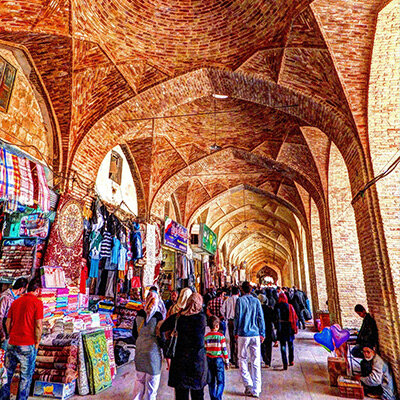
Bazar-e Sartasari
Kerman’s magnificent 'Sartasari' ('end-to-end') Bazaar is one of the oldest and most memorable trading centers in Iran (after the UNESCO-listed Bazaar in Tabriz).
Within are several museums, bathhouses and religious structures, while the vivacity of the whole experience is enough in itself to keep visitors interested for at least an hour or two, especially in the morning and late afternoon.

Vakil Bath House
Bathhouses have had great importance during ancient times, and because of this, many of them were built in downtown and central places.
Vakil Bath in Kerman is located in the middle of Vakil Bazaar, which was built 170 years ago, during the Qajar period, modeled on Ganjali Khan bath.
It is believed that this bath was constructed upon the order of the Kerman ruler during that time, according to an inscription inside the Vakil Bath in Kerman.
Artistic architects of Kerman used fantastic tile and ceramic works to decorate this place and also amaze the next generations.
This historic bath is now a traditional teahouse and is open to tourists.

Shahzadeh Garden
Shazdeh Garden (Prince Garden) is a green oasis lying in the heart of the desert. Located near Mahan in the province of Kerman, Shazdeh Garden is one of the historical Persian gardens with a rectangular plan.
The first attempt of constructing the Shazdeh Garden dates back to the thirteenth century at the end years of the Qajar dynasty by the order of the ruler of Kerman and Sistan.
Similar to other great Persian gardens such as Eram Garden or Dowlatabad Garden, it is also inscribed on the UNESCO World Heritage List.
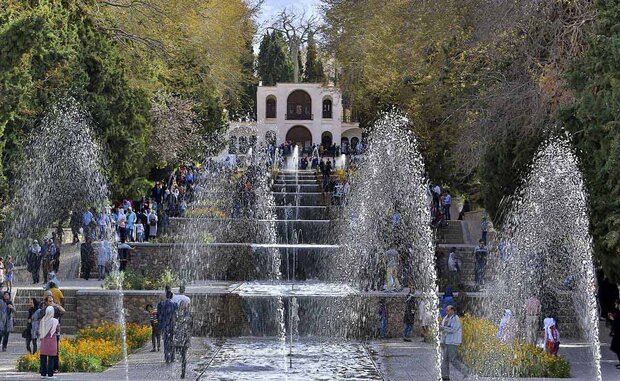
What is very amazing about Shazdeh Garden is that it is located in the desert, where nothing exists but dry plains. However, the entrance of the garden welcomes tourists to the earthly paradise.
Putting a step inside Shazdeh Garden, one can see the pools streaming along with the garden, the trees offering shade to the pathway, and the flowers spreading perfume everywhere.
Later, the façade of an old pavilion appears from behind the fountains, and the stairs lead the visitors toward the pavilion.
The perfect plan of Shazdeh Garden, the architecture of the pavilion, and its interior design and decorations all reflect the Iranians' art, culture, and lifestyle.
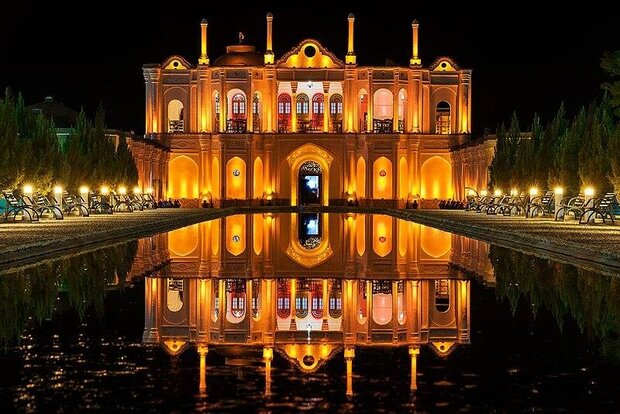
Fath Abad Garden
Surrounded by pistachio gardens, Fath Abad Garden in Kerman is best visited around sunset to appreciate its changing colors and the beautifully done night illuminations that will take your breath away.
Fath Abad Garden, also known as Biglarbeigi Garden, is one of the vast and beautiful gardens in the desert lands of Iran, that is located in the Ekhtiarabad district of Kerman.
It is a reminiscence from the Qajar dynasty and is said to be a model for the Shahzadeh Garden of Mahan. Today, Fath Abad Garden is overshadowed by the fame of this garden. The construction of Fath Abad Garden began in 1803 by the order of Fazlali Khan Biglarbeigi, the ruler of Kerman in Ekhtiarabad village, during the reign of Mohammad Shah Qajar.
The Garden has been built on a land as big as thirteen hectares.
It was only after the Iranian Revolution that it was registered as a national heritage of Iran in 2002.

Lut Desert
Located in the southeast of Iran, the Lut Desert is a vast area that includes parts of the three vast provinces of Sistan and Baluchestan, South Khorasan, and Kerman.
About 70% of this vast desert is located in Kerman province, and the remaining 30% is located in the provinces of South Khorasan and Sistan and Baluchestan.
“Lut” in Baluchi language, which is one of the languages of northwestern Iran, means naked, waterless, thirsty, and empty of everything.

The main part of this great dessert is made up of sand and gravel, and other parts of it have desert geography.
The night sky of the desert is the paradise of astronomers, and the pristine nature of Lut compared to other deserts of Iran invites photographers, astronomers, and researchers. Due to the remoteness of this desert from the big cities and the light created by these cities, beautiful images of the night sky can be recorded inside the Lut Desert.
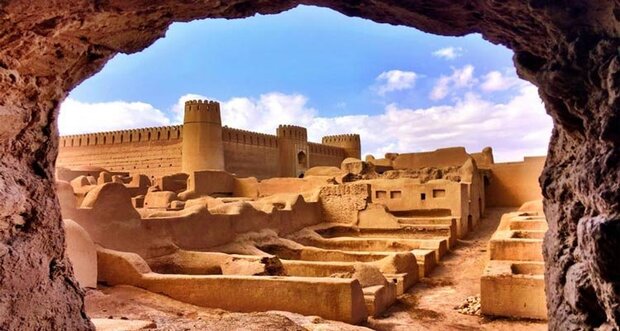
Bam citadel
The UNESCO-tagged Bam and its Cultural Landscape is located on the southern edge of the Iranian high plateau, in Kerman province, close to the Pakistan border. It’s highly regarded as an outstanding example of an ancient fortified settlement.
Bam lies 1,060 metres above sea level in the centre of the valley, dominated to the north by the Kafut Mountains and to the south by the Jebal-e Barez Mountains.
According to UNESCO, the origins of the Bam citadel can be traced back to the Achaemenid period (6th to 4th centuries BC) and even beyond.
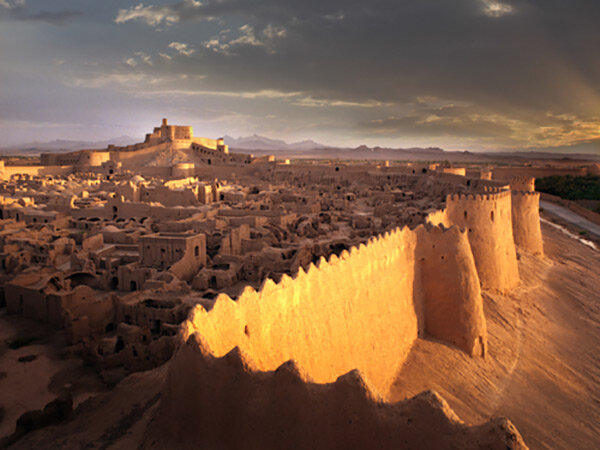
Archaeologists have discovered the oldest signs of civilization in the Birdon hills, 15 kilometers from the city. In the northeast of Bam, on the top of the cliff, there was a solid fortress called by the people as the citadel.
In fact, this grand building was the ancient city of Bam. Around the castle, there were deep ditches that protected the city from the enemies’ attacks.
On December 26, 2003, the citadel was almost completely ruined by an earthquake. After the earthquake, the government of Iran announced the reconstruction of the citadel.








